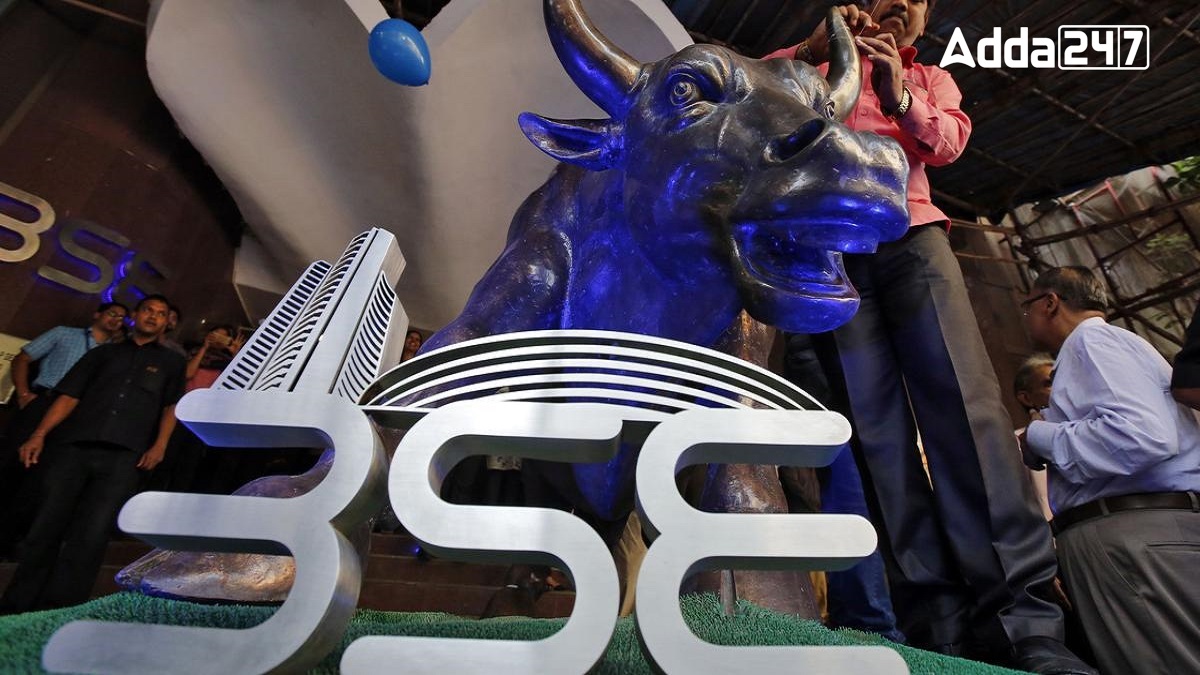BSE and NSE have announced revisions to their transaction fees, effective from October 1, 2024. The changes, which impact various segments, align with SEBI’s July directive mandating a uniform fee structure across market infrastructure institutions (MIIs). This move eliminates the previous slab-based structure and ensures transparency for end clients.
Key Changes for BSE and NSE
BSE: Transaction charges for Sensex and Bankex options contracts will rise to ₹3,250 per crore of premium turnover. For other equity derivatives like Sensex Fifty and stock options, charges remain at ₹500 per crore of premium turnover.
NSE: The cash segment will see a charge of ₹2.97 per lakh of trade value on both sides, while equity futures will be charged at ₹1.73 per lakh. Equity options will incur ₹35.03 per lakh of premium value on both sides. Currency futures will see a fee of ₹0.35 per lakh, and currency and interest rate options will be charged ₹31.10 per lakh of premium value.
SEBI’s Mandate and Market Impact
SEBI’s directive requires MIIs to apply a flat transaction fee structure, replacing the previous volume-based slab system. This move aims to eliminate disparities and ensure that fees reflect the actual costs incurred by trading members. Additionally, MCX has also revised its transaction fees effective from October 1, with futures contracts charged ₹2.1 per lakh of turnover and options contracts at ₹41.8 per lakh of premium turnover.
Transparency and “True to Label” Policy
The revised fee structure follows SEBI’s “true to label” policy, ensuring that fees charged to end clients accurately reflect the costs paid by trading members, creating a more transparent and fair system for all market participants.




 Jio Platforms Appoints Dan Bailey as Pre...
Jio Platforms Appoints Dan Bailey as Pre...
 2026 Business Milestone: Amazon Dethrone...
2026 Business Milestone: Amazon Dethrone...
 V.O. Chidambaranar Port Authority Secure...
V.O. Chidambaranar Port Authority Secure...








